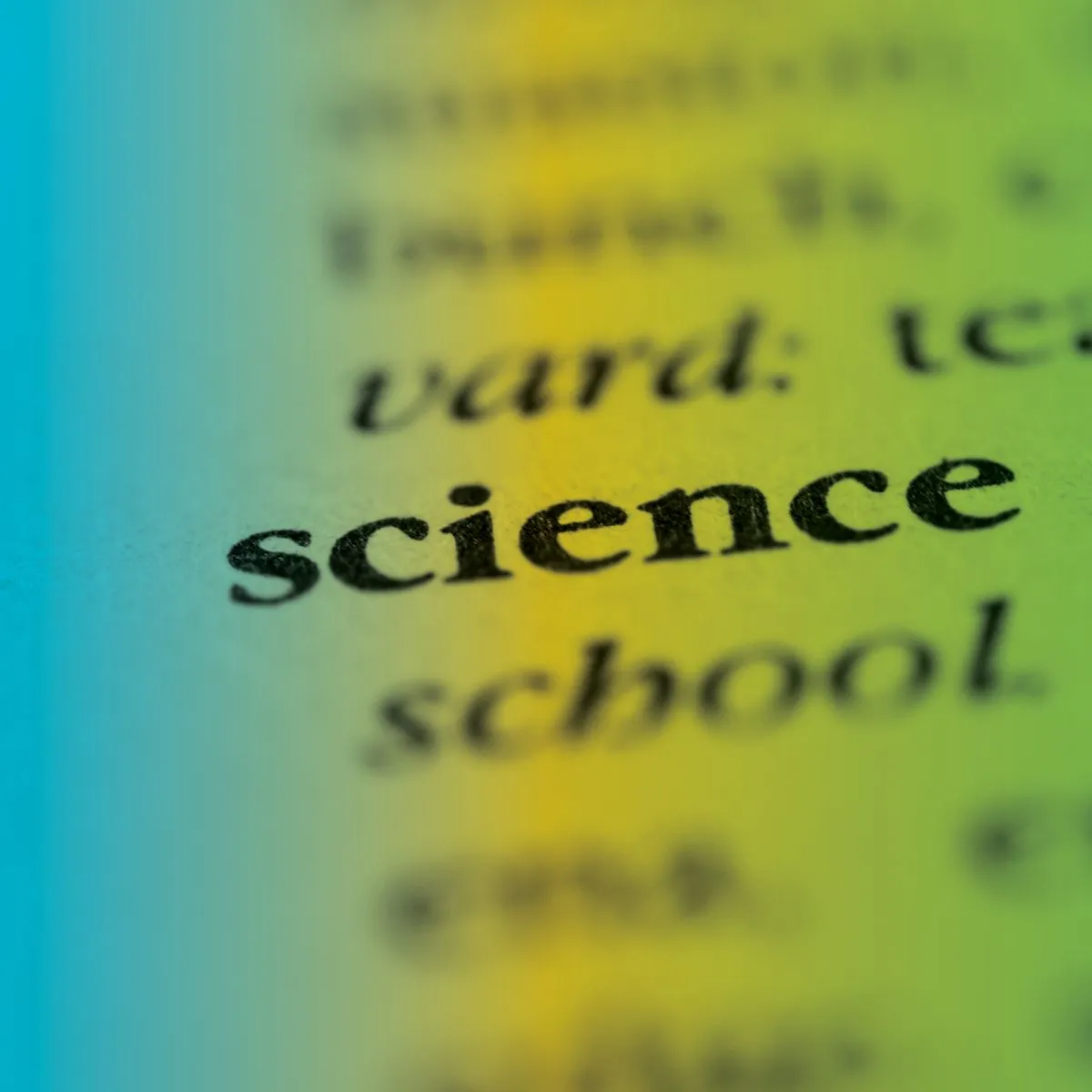
Science Literacy 
Get a comprehesive understanding of Science Literacy. This is a free course from Coursera. AZ Class provides this course data for free. Learn more certificate and details here. Discover the truth in a world of misinformation with the Science Literacy course. Learn how to navigate through the noise of fake news and personal biases to uncover the power of scientific evidence. This course will teach you the process of science, critical thinking skills, and how to differentiate between real science and pseudoscience. With real-life examples and special guest speakers, you'll gain the skills to evaluate scientific communication in the media and apply them to real-world controversies. Are you ready to challenge your beliefs and become scientifically literate? Join now and expand your knowledge! ▼
ADVERTISEMENT
Course Feature
![]() Cost:
Cost:
Free
![]() Provider:
Provider:
Coursera
![]() Certificate:
Certificate:
Paid Certification
![]() Language:
Language:
English
Course Overview
❗The content presented here is sourced directly from Coursera platform. For comprehensive course details, including enrollment information, simply click on the 'Go to class' link on our website.
Updated in [October 07th, 2023]
What does this course tell?
(Please note that the following overview content is from the original platform)
Fake news or good science? In a world where we have access to unlimited information, it is hard to sift through the echo chamber of opinions fueled by emotions and personal biases, rather than scientific evidence. Science Literacy will teach you about the process of science, how to think critically, how to differentiate science from pseudoscience, how indigenous wisdom can inform science, how to understand and design a scientific study, and how to critically evaluate scientific communication in the media. Every module will build your new skill-base with real life examples, and at the end of each module you will have to apply these skills to scientific questions, talking points and controversies in the world. Warning: this course requires an open mind and the ability to self-reflect.In Science Literacy, you’ll hear from special guests: Timothy Caulfield, Canada Research Chair in Health Law and Policy and star of Netflix’s “A User's Guide to Cheating Death” on pseudoscience Dr. Torah Kachur, Scientist and CBC journalist on science communication (and miscommunication!) Christian Nelson, Citizen Scientist and creator of Edmonton Weather Nerdery, on experimental design Metis Elder Elmer Ghostkeeper and Cree Elder Kokum Rose Wabasca, on the holistic nature of Indigenous wisdom and how it can work with the scientific process Associate Professor in Psychology, Dr. David Rast on uncertainty and decision making
We considered the value of this course from many aspects, and finally summarized it for you from two aspects: skills and knowledge, and the people who benefit from it:
(Please note that our content is optimized through artificial intelligence tools and carefully reviewed by our editorial staff.)
What skills and knowledge will you acquire during this course?
During the Science Literacy course, students will acquire the following skills and knowledge:
1. Understanding the process of science: Students will learn about the scientific method, including how hypotheses are formed, experiments are designed, data is collected and analyzed, and conclusions are drawn.
2. Critical thinking: Students will develop the ability to think critically and evaluate scientific information objectively. They will learn to identify logical fallacies, biases, and flaws in scientific arguments.
3. Differentiating science from pseudoscience: Students will learn how to distinguish between legitimate scientific research and pseudoscience, which is based on false or unproven claims. They will understand the importance of evidence-based reasoning and the scientific consensus.
4. Incorporating indigenous wisdom in science: Students will explore how indigenous knowledge and practices can complement and inform scientific research. They will learn about the holistic nature of indigenous wisdom and its potential contributions to the scientific process.
5. Understanding and designing scientific studies: Students will gain knowledge about different types of scientific studies, including observational studies, experiments, and clinical trials. They will learn how to design a scientifically rigorous study and interpret its results.
6. Evaluating scientific communication in the media: Students will develop the skills to critically evaluate scientific information presented in the media. They will learn to identify sensationalism, misinformation, and biased reporting, and understand the importance of seeking reliable sources.
7. Application of skills to real-world scenarios: At the end of each module, students will apply their newly acquired skills to analyze and discuss scientific questions, talking points, and controversies in the world. This will help them develop a practical understanding of science literacy.
It is important to note that this course requires an open mind and the ability to self-reflect. Students will be exposed to different perspectives and challenged to question their own beliefs and biases.
Who will benefit from this course?
This course on Science Literacy will benefit individuals from various interests and professions.
1. Students and researchers: This course will provide them with the necessary skills to understand and critically evaluate scientific studies, helping them in their academic pursuits and research endeavors.
2. Journalists and media professionals: They will learn how to effectively communicate scientific information to the public, avoiding miscommunication and promoting accurate reporting.
3. Healthcare professionals: This course will enable them to differentiate between evidence-based medicine and pseudoscience, allowing them to provide better care to their patients.
4. Policy makers and government officials: They will gain a deeper understanding of the scientific process, helping them make informed decisions and policies based on reliable evidence.
5. General public: This course will equip them with the skills to critically evaluate scientific claims and distinguish between reliable information and misinformation, enabling them to make informed choices in their daily lives.
Course Provider

Provider Coursera's Stats at AZClass
Discussion and Reviews
0.0 (Based on 0 reviews)
Explore Similar Online Courses
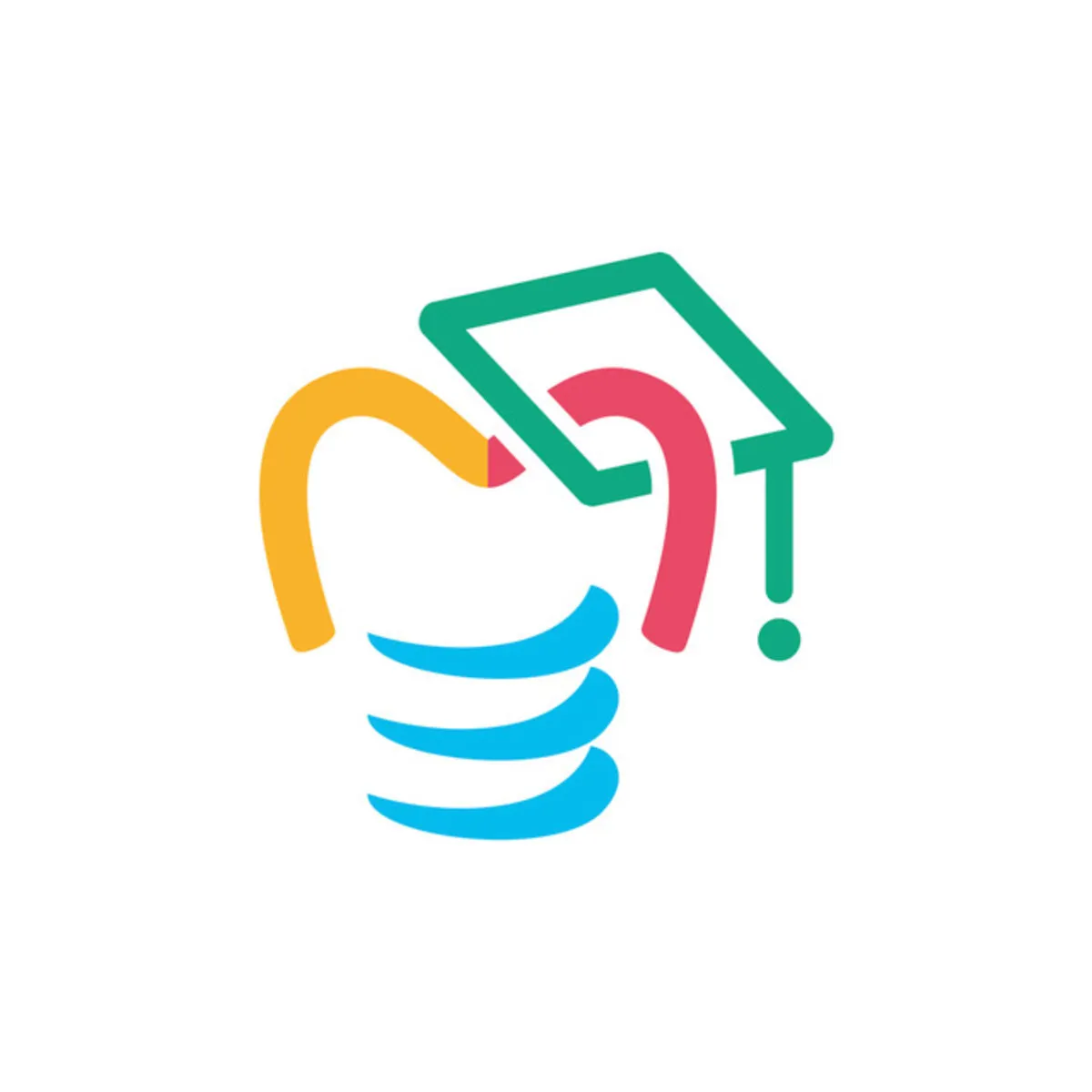
Implant Dentistry

Synapses Neurons and Brains

Python for Informatics: Exploring Information

Social Network Analysis

Introduction to Systematic Review and Meta-Analysis

The Analytics Edge

DCO042 - Python For Informatics

Causal Diagrams: Draw Your Assumptions Before Your Conclusions

Whole genome sequencing of bacterial genomes - tools and applications
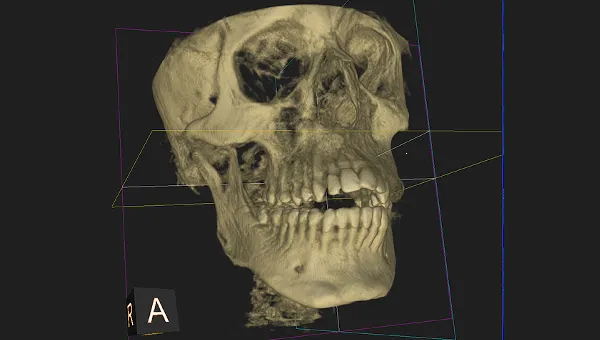
Introduction to Dental Medicine
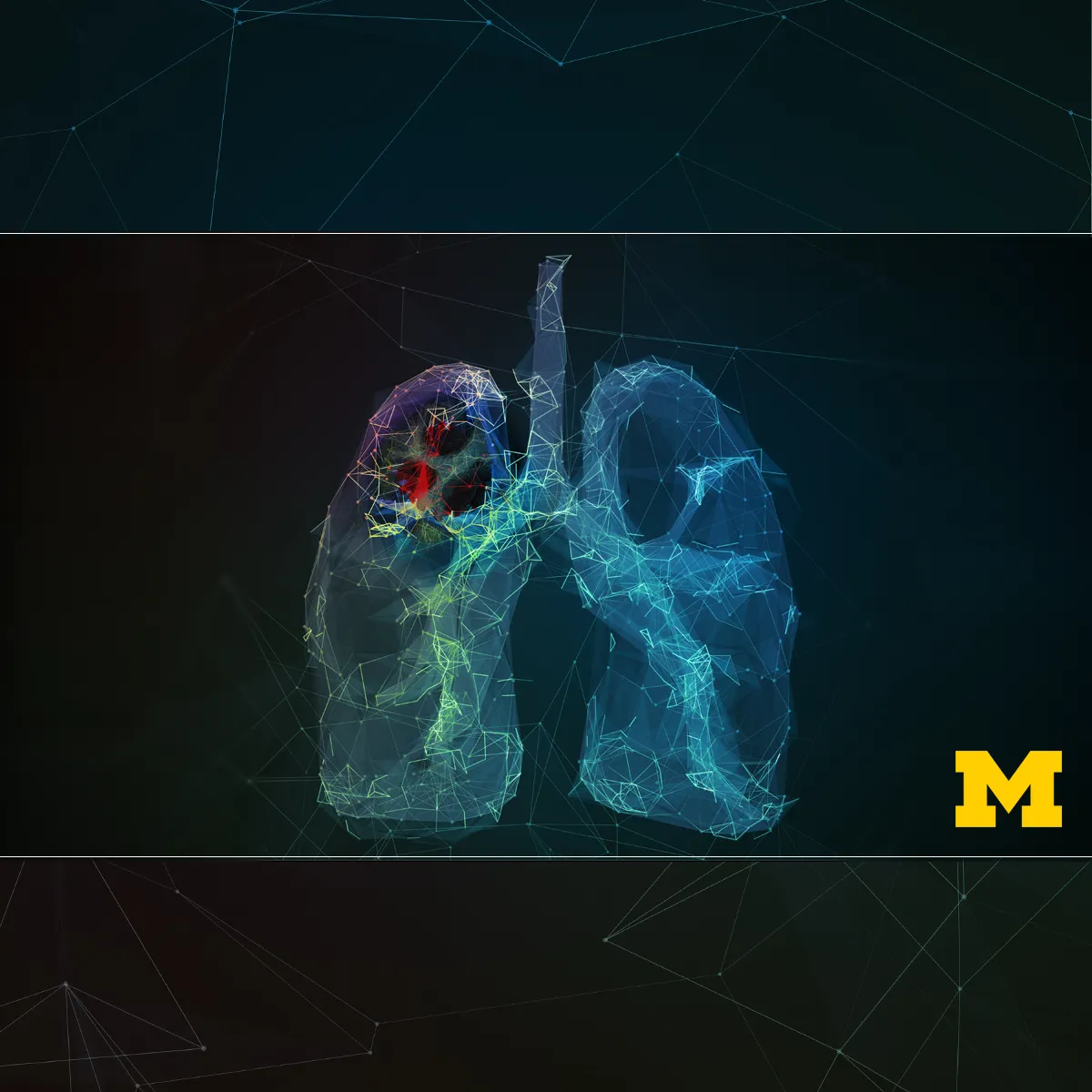
Thoracic Oncology
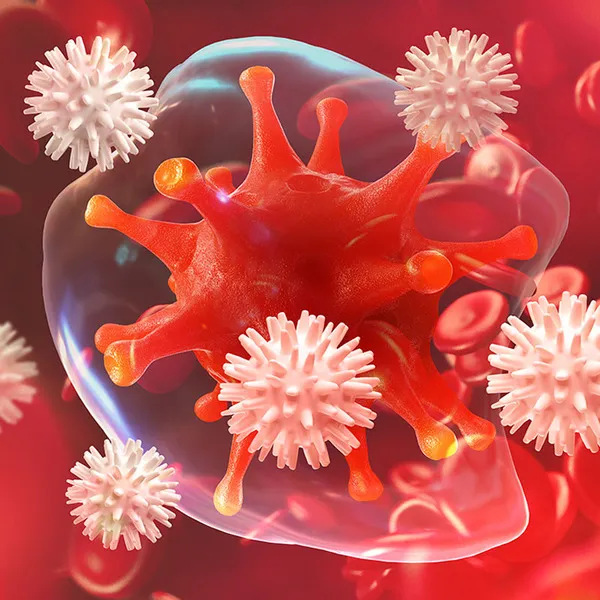

Start your review of Science Literacy